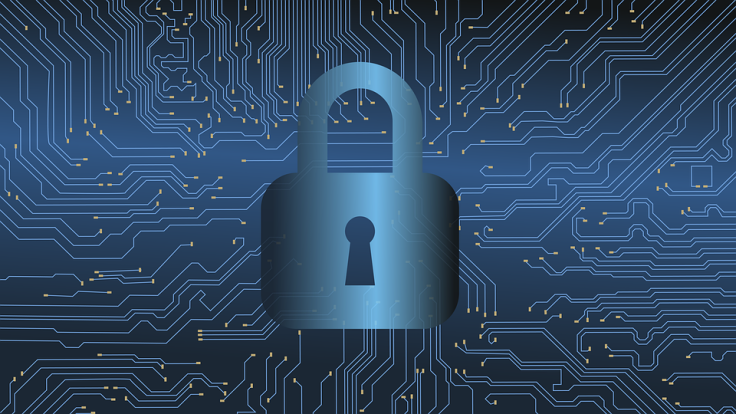
The recent incident where Zoom has failed to keep its users' privacy, and personal settings confidential has sparked an outroar amongst its customers. It has raised eyebrows in the community asking the platform how they can be sure that they are safe, and what steps Zoom will take to protect its customers.
The company had its platform at risk of video hijacking, where third party users could enter private video conference calls without clearance from the host of the meeting. It was also revealed to have sent personal information to its data-mining tool even if it was turned off.
The issue was brought out several weeks ago after an analysis by The New York Times discovered upon entering a meeting; personal information, including their names and email address, was sent to one of the company's systems, which correlates the data with LinkedIn profiles.
The affected feature was made available to those who subscribed to LinkedIn Sales Navigator. With the feature enabled, a participant's data in their LinkedIn profile could be viewed by any Zoom user.
The situation also happened even if users signed in to a Zoom meeting with a completely different name or with complete anonymity which makes their effort of keeping themselves private, mute.
FBI launches an investigation
The application has gone through several security and safety risks, and on March 30, an investigation was launched by the FBI to look into the increase of video hijacking cases.
Officials found out that the hackers used short number-based URLs to access private video conferences to express negative remarks or even threats.
Lat 2019, a hidden web server was installed by Zoom, which allowed a user to add an unsuspecting victim to a call, without the latter's consent. It was also discovered that it is possible to tap into a Mac user's webcam and microphone remotely.
Read Also: [VIDEO] Giant Alien-like String Creature Found On The Hunt. What is it?
An "attention tracker," another feature of the app, notifies the hosts of meetings if a participant or member stayed away from the Zoom window for at least 30 seconds.
In light of the recent pandemic and strict guidelines urging people to stay indoors, the rise of people using these online communications services has increased by several times its normal average. In the past month alone, an increase of 535% in daily traffic was observed by the application.
Zoom was one of the most popular video-conferencing platforms that gave access to an easy way to communicate with someone further away from the comforts of your own home.
What can you do to keep yourself safe?
Zoom has a lot of work to do if it wants to regain users' trust. In the meantime, if you continue using Zoom, consider these settings. https://t.co/qtai3oOrNj — EFF (@EFF) April 3, 2020
Whether you utilize Zoom as an employer or a student, or just casually to mingle with your friends and family, you are at risk of potentially leaking your information to ill-mannered culprits who may take advantage of what they acquire.
Amid the threat of stalkers, trolls, and invaders, what can you do to protect yourself and your loved ones from being exposed?
The Electronic Frontier Foundation (EFF) has laid out some tips and guidelines on how you can increase your security and keep your settings from sharing private information about you or anyone you may know from hackers.









